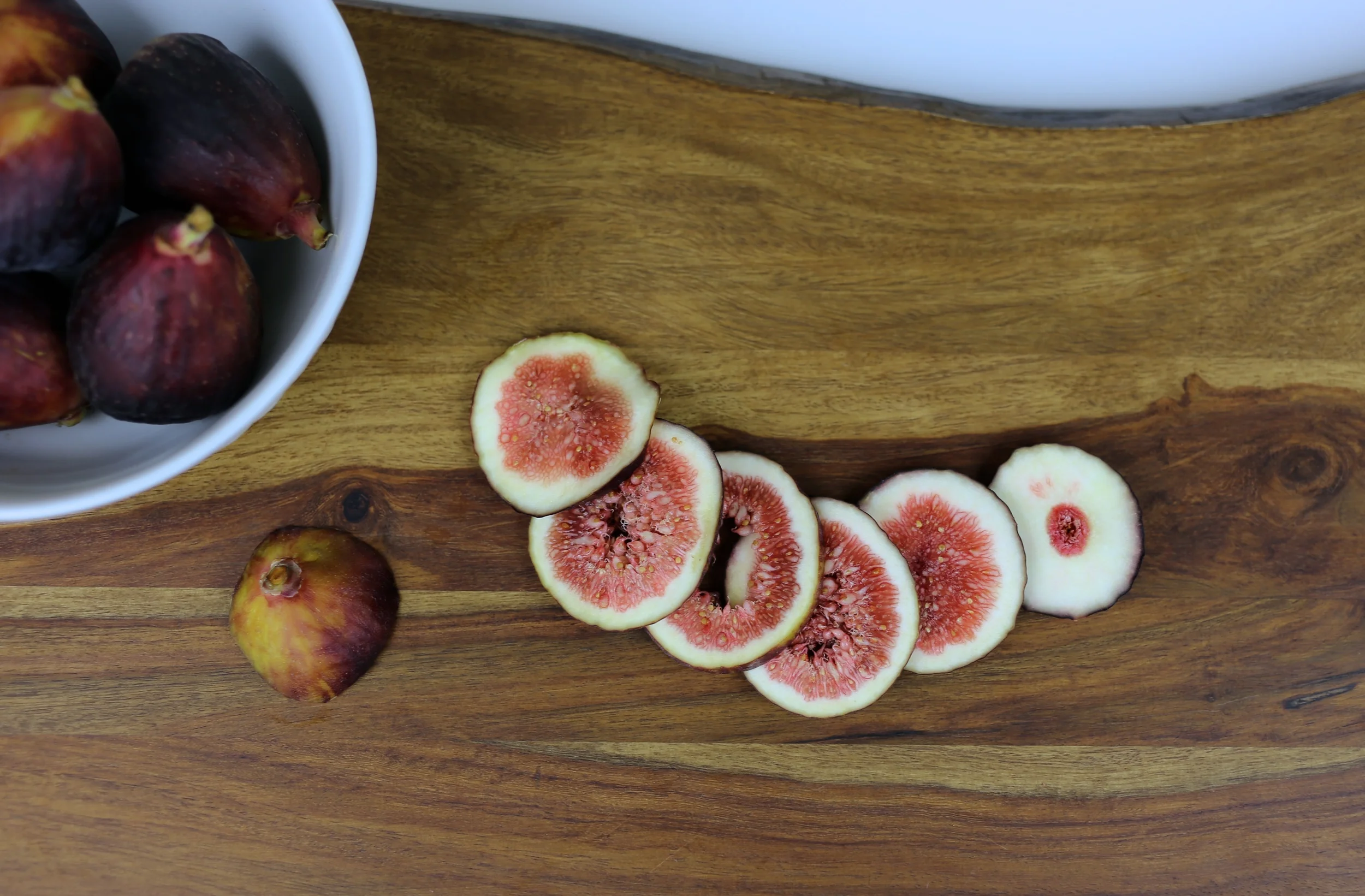Why eat low-sugar?
Oh, sugar. I’m sure you’ve heard of its pitfalls, but it's probably not as widely known just how or why sugar is so harmful. Well, considering it’s in nearly every processed food and drink on the shelf, it’s a very important topic. The food we put in our mouths becomes our bodies’ building blocks, so it's good to understand it and what it’s doing for and to us.
Some of the wrap sheet...
1. It’s the biggest culprit behind weight gain/obesity (1, 2)
2. It's damaging to the brain (3)
3. It hurts the immune system (4)
4. It’s linked to diseases, some of which are:
5. It’s highly addictive (9, 10)
6. It messes with our ability to regulate appetite (11)
It’s suggested that “fructose makes the brain leptin resistant, which means that the brain doesn’t ‘see’ all the stored fat in the body and thinks that it is starving. This causes a powerful leptin-induced biochemical drive to keep eating even when we don’t need to.” (12)
7. It’s terrible for your teeth (13)
So how can we limit it?
If you start poking around online, you’re sure to find lots of information on how to decrease your sugar intake. But because I’m writing largely about my own experience, I’ll share what I’ve personally found helpful in this transition.
Get to know what your body is asking for:
- Stay well hydrated.
I’ve begun to notice the link between a supposed craving and thirst. Once I started paying closer attention to what my body actually needed in those moments, as it’s “asking” for something, I recognized how dehydrated I have been without realizing it. And how often I would answer a “request” for water with food or something sugary. After a while of mis-answering our bodies’ requests, I think signals can get confused and it takes some time and attention to relearn them. I started drinking water at the first sign of a “sugar craving,” and often that quelled it enough to get through it without buckling. And bonus, I’m relearning my body’s true signals and needs.
- Get enough sleep.
When we’re tired, our bodies let us know we need energy. If you don’t answer that request with enough sleep, it can be easy to turn to sugar for those quick bursts of energy. Do your best to make sleep a priority, and you may find fewer “cravings.”
- Eat nutrient-dense foods, healthy fats, and enough of them.
If you’re learning your body’s signals, you’ll soon see that it knows what you need. Keep yourself satisfied with good quality food, and you’ll likely see a drop in empty-calorie cravings. Don’t give yourself the opportunity to get so hungry that you’re grabbing at the easiest, quickest energy boost.
When your body is asking for something sweet:
- If you feel like you need something sweet, choose a food with fiber to blunt its effect on your blood sugar. (14)
Personally, apples are my sweet of choice. They’re full of fiber that prolongs the processing, allowing the energy to be more drawn out, not manifesting in a blood sugar spike. Other options could be berries, baby carrots, a banana, a couple squares of dark chocolate or a handful of almonds.
- Don’t keep temptations in the house.
This just makes good sense, but it’s so easy to overlook. Sure, you’re going to treat yourself now and then. But it’s much safer to buy just enough for a single treat, and keep the stash out of the cupboards. It makes the choice to indulge more of a deliberate and thoughtful action, than an impulse.
And, it’s hard for me to address the issues with sugar without also wanting to bring up the foods that act as sugar in our bodies once they pass the lips. If you haven't already, pop over to the What does "low-glycemic" mean and why is it important? page, because it fits right into this discussion.
My sweeteners of choice:
When I want to sweeten something, I use organic raw honey or coconut sugar. Both are natural and minimally processed. They’re not as flavor-neutral as white sugar, so the palate has a little adjusting to do, but the upsides make it worth it to me. That said, I do my best to use them in small amounts, because they’re still sugars and should be an occasional treat.
I read an article on honey by Mark Sisson, and after much research he had this to say, “It’s clearly superior to refined sugar, and the extent of the damage we normally see from sugar intake doesn’t seem to occur with honey.” He acknowledges it should be used in moderation, but tips his hat to raw honey’s benefits. (15)
As an aside, both of these sweeteners are purported to be low glycemic. However, I can’t find articles based on credible studies to substantiate that claim. So, as much as I want it to be true, I’ll wait on research to catch up, and keep an eye out for those articles.
And it’s worth sharing with you how much I loathe artificial sweeteners. I’d actually turn to refined sugar before I’d let aspartame or any other of those sweet, man-made substitutions into my body. Luckily, I don’t have to choose between the two ;).
More reading:
A well-cited article on sugar and the shady sugar industry: How the Sugar Industry was able to Suppress Information on the Dangers of Sugar
The definitive guide to sugar, per Mark Sisson: The Definitive Guide to Sugar
The problems with agave nectar: Agave: A Triumph of Marketing over Truth
